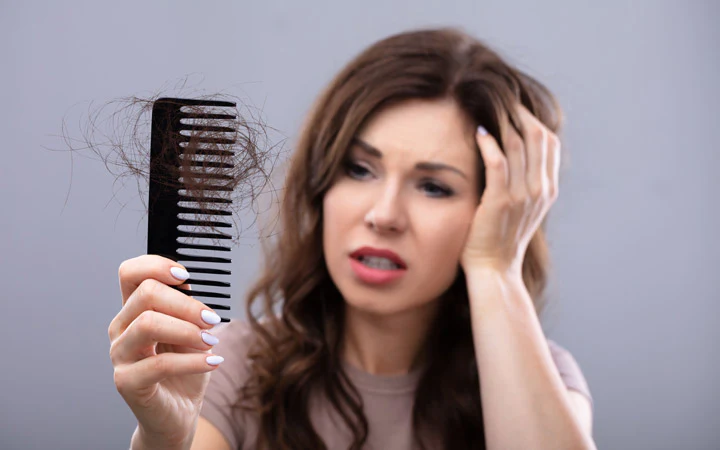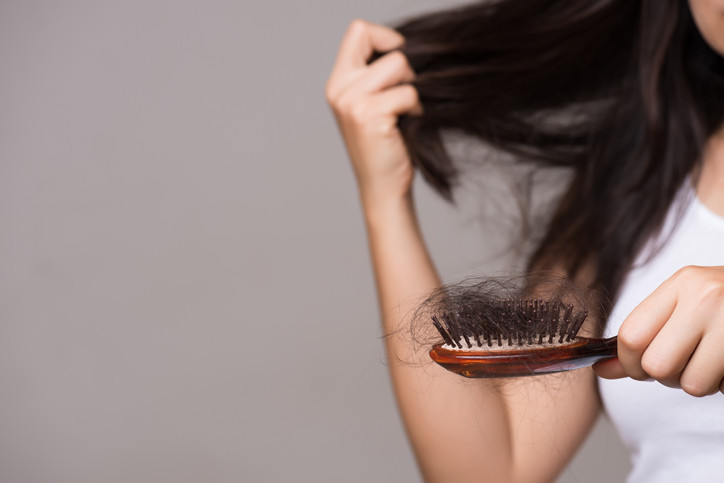Introduction
Hair loss is a common concern among women that can have a significant impact on self-esteem and confidence. Understanding the causes behind hair loss in women and exploring potential solutions is essential for managing and addressing this issue. In this article, we will discuss the causes of hair loss in women and provide potential solutions to help women regain their hair and confidence.
1. Hormonal Imbalances
Hormonal imbalances, such as those caused by conditions like polycystic ovary syndrome (PCOS) or menopause, can contribute to hair loss in women. Changes in hormone levels can disrupt the hair growth cycle, leading to excessive shedding or thinning. Consulting with a healthcare professional or a dermatologist can help identify and manage hormonal imbalances.
2. Telogen Effluvium
Telogen effluvium is a condition characterized by excessive hair shedding. It can be triggered by various factors such as stress, childbirth, surgery, or certain medications. The hair follicles enter a resting phase, resulting in increased hair shedding. Managing stress levels, ensuring a balanced diet, and taking care of overall well-being can help alleviate this condition.
3. Androgenetic Alopecia
Androgenetic alopecia, also known as female pattern hair loss, is a genetic condition that causes gradual thinning of hair in women. It is often characterized by a widening parting or a visible decrease in hair density. Minoxidil, a topical solution, is a commonly used treatment for female pattern hair loss. It helps promote hair growth and prevent further thinning.
4. Nutritional Deficiencies
Nutritional deficiencies, especially of iron, zinc, biotin, and vitamin D, can contribute to hair loss in women. Ensuring a balanced diet that includes foods rich in these nutrients can help promote healthy hair growth. In some cases, supplements may be recommended by a healthcare professional to address specific deficiencies.
5. Hair Care Practices
Certain hair care practices, such as excessive heat styling, tight hairstyles, and harsh chemical treatments, can damage the hair and contribute to hair loss. Minimizing the use of heat styling tools, opting for gentle hairstyles, and choosing hair products that are gentle and free from harsh chemicals can help protect the hair and prevent further damage.
Conclusion
Hair loss in women can be a distressing experience, but there are various causes and solutions to consider. Understanding the underlying causes, such as hormonal imbalances, telogen effluvium, and genetic factors, can guide women in finding appropriate solutions. Whether it’s addressing hormonal imbalances, using topical treatments like minoxidil, ensuring proper nutrition, or adopting gentle hair care practices, taking proactive steps can help manage and address hair loss. Consultation with a healthcare professional or a dermatologist specializing in hair loss is recommended to determine the most suitable approach for each individual. Remember, regaining hair and confidence is possible with the right knowledge, care, and support.

